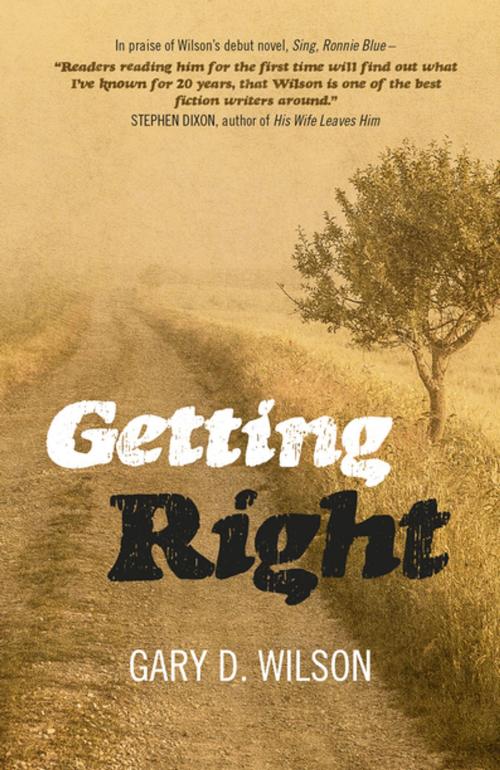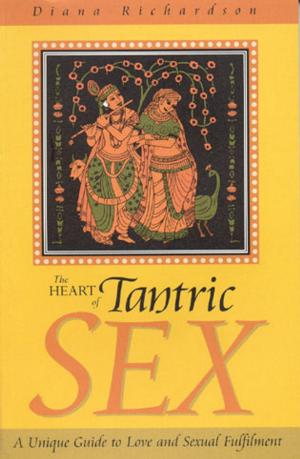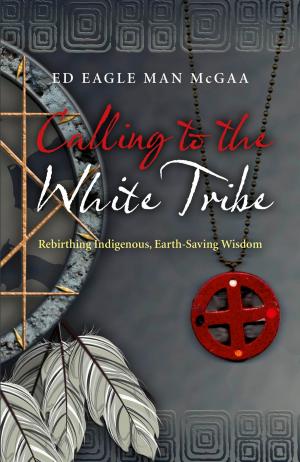| Author: | Gary D. Wilson | ISBN: | 9781785351907 |
| Publisher: | John Hunt Publishing | Publication: | January 29, 2016 |
| Imprint: | Roundfire Books | Language: | English |
| Author: | Gary D. Wilson |
| ISBN: | 9781785351907 |
| Publisher: | John Hunt Publishing |
| Publication: | January 29, 2016 |
| Imprint: | Roundfire Books |
| Language: | English |
Suppose your more than mildly irritating leech of a sister calls you, as she usually does wanting money, only this time she says instead that she has cancer and in the course of the conversation challenges you to write the story of her life. You say, sure, you'll do that but you'll tell it the way you see it. The tale that emerges involves not only the dying sister, Connie, but brother Len as well. And it's also about "me," the sibling invited to narrate their shared story and whose interplay of memory and imagination raises the question of whether "the truth" of Connie's life - or of anyone's for that matter - can ever be known.
Suppose your more than mildly irritating leech of a sister calls you, as she usually does wanting money, only this time she says instead that she has cancer and in the course of the conversation challenges you to write the story of her life. You say, sure, you'll do that but you'll tell it the way you see it. The tale that emerges involves not only the dying sister, Connie, but brother Len as well. And it's also about "me," the sibling invited to narrate their shared story and whose interplay of memory and imagination raises the question of whether "the truth" of Connie's life - or of anyone's for that matter - can ever be known.















